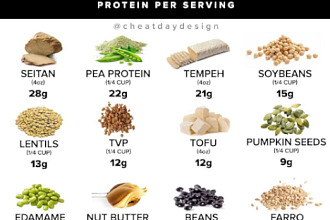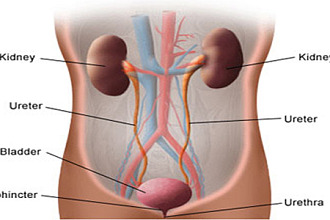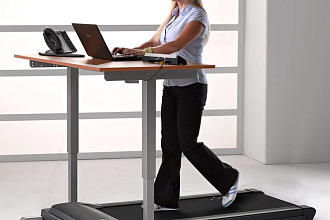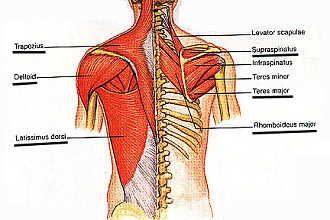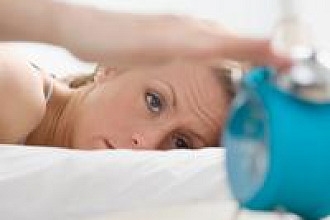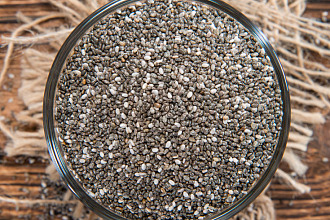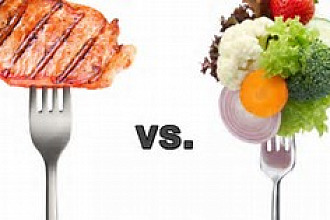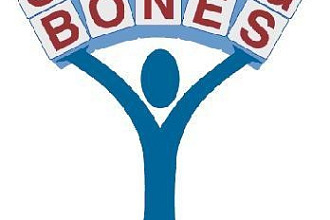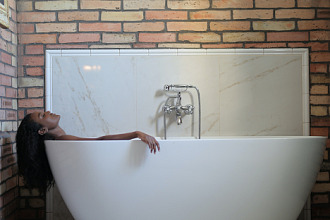Today, as never before, "the pressure is on:" Pressure to beat out the other guy for the top spot. Pressure to get the highest grade in school, to advance to the next level. Pressure just to make ends meet in a teetering economy. Seems like no time to sleep, no time to meditate and rest! It is thought that working late into the night will accomplish much! So people pop pills, drink coffee, or use other energy boosting techniques to stay up late into the night, and into the wee hours of the morning in the hopes of getting the grade or finishing a task. Wait! Can we unravel the delicate fabric of life and really think we will win in the end?
A study was done where 44 college students put in an "all nighter" and then took a test in critical thinking. They performed worse on the test than an "eight-hour control group" but were more confident they had done better, and were more focused. Conclusion: College students are not aware of the extent to which sleep deprivation negatively affects their ability to complete cognitive tasks (Pilcher and Waters, 1997).
Mark Mahowald, a professor of neurology at the University of Minnesota Medical School says that any amount of sleep deprivation will diminish mental performance. "One complete night of sleep deprivation is as impairing in simulated driving tests as a legally intoxicating blood-alcohol level." If missing a night of sleep can do that to your driving ability think what it would do to your performance to get ahead! The prestigious Lancet medical journal made this observation: Chronic sleep loss may not only increase the severity but also hasten the onset of age related diseases such as "diabetes, hypertension, obesity, and memory loss" (Lancet, October 23, 1999).
What about sleeping medications to induce sleep if you cannot get to sleep? During normal sleep, one has alternating periods of light and deep sleep. Dreaming seems to be a natural outlet, and takes place during the light sleep or REM sleep. Sleep medications often suppress this stage of sleep, and on awaking you may not feel as refreshed in spite of apparently sound sleep. If continued over time, sleep medications will contribute to chronic fatigue and may lessen mental performance!
To get a good night's sleep, make sure you have a totally dark room. Don't leave bright lights, computer screens, or TV sets on. Use a night-light if you have to get out of bed for the bathroom – a dim red or blue light is best.
The best sleep inducers are natural means.
- Engage in active exercise daily to best counteract mental and emotional fatigue.
- Find an outdoor activity you like and can do every day – sunshine, exercise, and fresh air promote sleep.
- Skip TV viewing.
- Avoid caffeine, even during the day. It commonly causes insomnia.
- Maintain a regular schedule for going to bed and getting up.
- An empty stomach promotes better sleep. Make evening meals light.
- Don't rehearse the day's problems at bedtime. Count your blessings and fill your mind with gratitude and thanksgiving.
- Take a warm bath.
- Seek a relationship with God who can bear your anxieties and refresh your spirit.
Science has shown that the Judeo-Christian "one day of rest per week" enhances work performance on the other six. Try a Sabbath.





